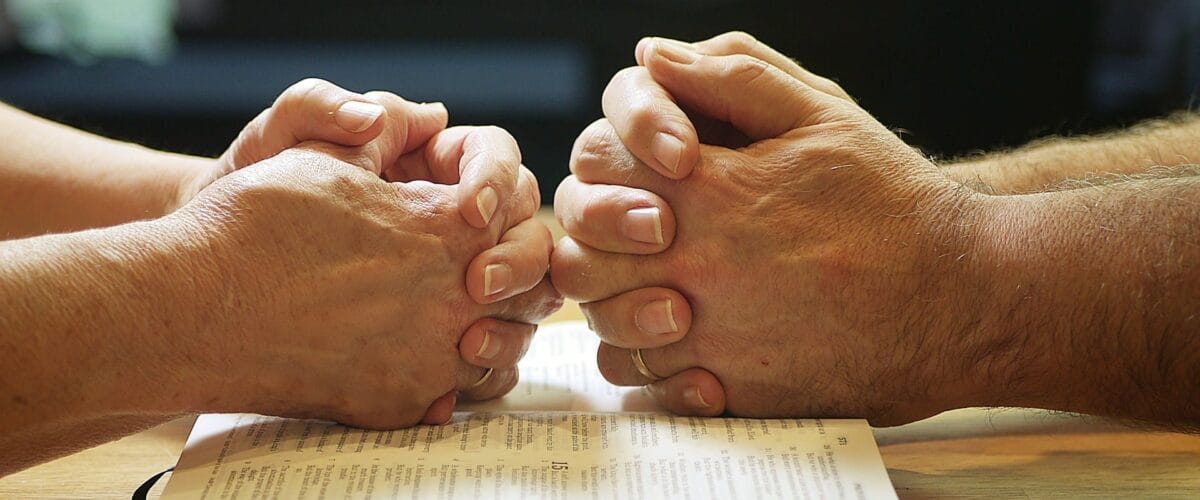I still vividly recall the day the void within me deepened—post-service, as the church quieted and volunteers cleaned, I found myself alone, my heart echoing the hollow feeling that had somehow made a home within me. This sanctuary, once a bastion of faith and community for me, now felt more like a mausoleum for my withered spiritual enthusiasm.
My journey with faith had begun fervently at thirteen when a prayer with my father sparked a profound encounter with God’s presence. Yet, despite the initial fervor, as I grew, the warmth and immediacy of that first encounter with God seemed to become more elusive. The vibrant connection I once felt had cooled, replaced by a rigid, almost transactional relationship with a God I was taught was quick to judge and slow to smile.
This depiction of God as a stern overseer, tallying faults and dictating life with an iron fist, shadowed my spiritual life for years. It was a relationship mired more in fear than in love, more about adherence than about genuine connection.
Then came the day when the emptiness could no longer be ignored—it was as if the divine presence that once felt so near had receded into the distance, leaving behind a silent void. That moment marked a turning point, not just for me, but it echoed a broader cultural shift I later recognized—a shift that had seen many, particularly young adults, move away from organized religion, driven not by a loss of faith but by a profound sense of spiritual disconnection.
Statistics and studies, such as those by Pew Research, have documented this growing trend of the “Nones”—those who, while often still believing in God and engaging in spiritual practices like prayer, find traditional religious settings inadequate or even stifling. This demographic, often labeled as “spiritual but not religious,” seeks a connection with the divine that transcends conventional worship and doctrine.
This phenomenon isn’t merely about declining church attendance or disaffection with institutional religion; it’s indicative of a deeper, more personal struggle—a yearning for an authentic and transformative encounter with the divine. For many, like myself, the journey through emptiness isn’t about abandoning faith but about seeking a more profound, more personal experience of that faith.
Reflecting on this journey, I’ve come to realize that spiritual fulfillment often requires us to venture beyond familiar theological territories and to engage with the divine in ways that are both deeply personal and wonderfully unpredictable. The God of the Bible, after all, is not a deity of monotony but of miraculous diversity—meeting us in burning bushes, whispering winds, and even through the joyous cacophony of Pentecost.
This understanding beckons us to look for the divine not just in the expected sanctuaries and scripted liturgies but in the everyday sacred, the small miracles, and the quiet whispers of grace that thread through our lives. It challenges us to be open to the unexpected, to find God in places we might never have thought to look, and to be willing to reconceive our relationship with the divine in ways that breathe new life into our faith.
For those wrestling with spiritual emptiness, the path forward lies in embracing the possibility that God can and does manifest in myriad ways—sometimes spectacular, often subtle, but always suffused with transformative power. Our task is not to confine our spiritual lives to predefined paths but to explore, with open hearts and minds, the infinite ways in which God seeks to engage with us. It’s about discovering that true spiritual vitality often comes not from clinging to rigid doctrines but from daring to dance with the divine in the dynamic and the unexpected.
As we navigate our spiritual journeys, let us be inspired by the diverse manifestations of God’s presence in scripture and history. Let us be attuned to those moments, however fleeting, when the sacred shimmers through the secular. And in doing so, may we find that our spiritual emptiness isn’t an end but a beginning—a call to deeper exploration, a summons to a more profound and personal encounter with the ever-living, ever-loving God.
This is an updated edition of a post originally published on Faith Activist
Featured Image by Sandie Clarke on Unsplash




















Comments are closed.